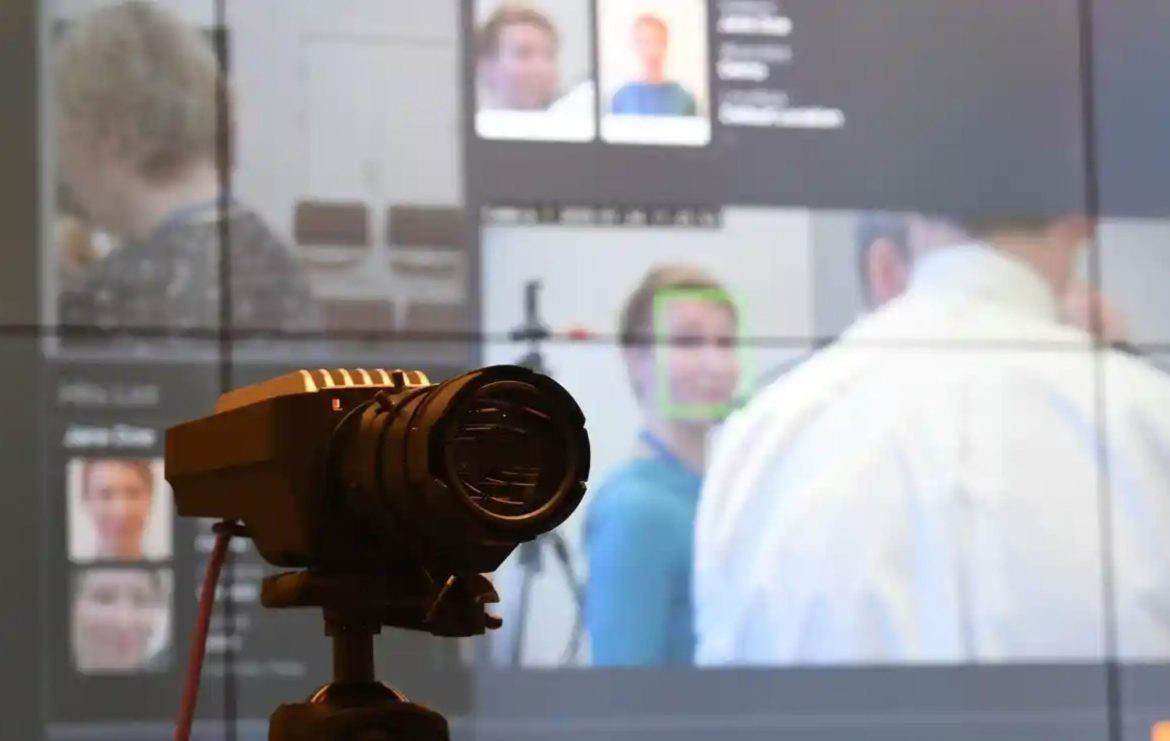The UK government plans to expand the adoption and deployment of facial recognition technology in the United Kingdom, citing its proven effectiveness. However, this initiative has sparked concerns and accusations of authorities sliding towards imposing mass surveillance.
An experimental camera was installed near the “Croydon” station in South London in December 2023, leading to the apprehension of ten suspects involved in cases of threats, bank fraud, or theft. Facial recognition technology was specifically used during the British Grand Prix Formula 1 race and Charles III’s coronation in May, considering it a ‘top priority,’ according to Minister of State for Policing, Chris Philp, who highlighted the ‘high potential’ of this technology.
Moreover, Philp added that its deployment resulted in arrests that might have seemed impossible without it, and there were no false alarms.
However, this plan has sparked controversy among lawmakers from various parties. They urged the regulatory body in the sector to take measures to prevent misuse. In a letter, they stated that facial recognition involves the collective processing of sensitive biometric data from a massive number of people, often without their knowledge, posing a serious threat to the rights of the general public.
False Positives
These lawmakers argue that false results have led to over 65 police interventions without just cause, including the arrest of a 14-year-old student wearing military attire, who was surrounded by the police, and had his fingerprints taken before being released.
Parliament members also highlighted the risks associated with using this technology in private spaces, suggesting it could discourage some from making essential purchases, such as food, or even subject them to intrusive interventions or confrontations with security personnel.
Last year, the owner of the ‘Sports Direct’ store chain defended the use of facial recognition technology, stating that it led to a reduction in theft and violence against employees.
Mobile ID Cards
On the side of civil rights advocates, Mark Johnson of ‘Big Brother Watch’ sees facial recognition as an Orwellian tool that turns us all into ‘mobile ID cards.’
Opponents argue that this technology leaves a lot of power unchecked in the hands of the police, who have been granted increased powers for arrests during protests.
Concerns are particularly focused on the lack of oversight regarding how the police compile their watchlists, which, according to critics of using facial recognition on protesters, include individuals with mental health issues without suspicion of any wrongdoing.
For their part, security forces insist that they immediately and automatically delete the data of anyone not on the watchlist and the Ministry of the Interior emphasizes that the current law strictly governs the use of this technology.
In June 2023, the European Parliament called for a ban on automatic facial recognition systems in public places. In the UK, members of parliament opposing these technologies want to go further.
Conservative MP David Davis stated that facial recognition ‘has never received explicit approval from Parliament’ and considered it a ‘tool for mass surveillance’ that has ‘no place’ in the United Kingdom.












